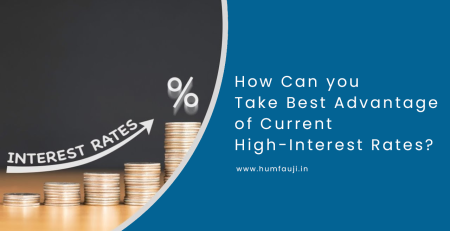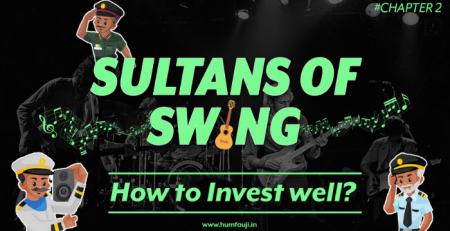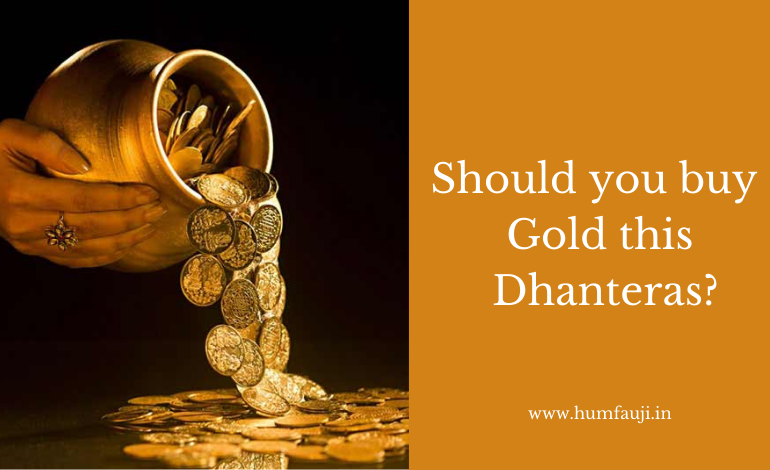After one trial-and-error (Inflation Indexed Bonds, IIBs, issued earlier this year but linked to Wholesale Price Index (WPI) which did not find favour with people), the Govt seems to have got it right in issuing the safe, long-term instrument linked to Consumer Price Index (CPI). Or is it? Let us analyse it below.
Called Inflation Indexed National Savings Securities-Cumulative (IINSS-C), these bonds are linked to CPI and were originally thought of to wean away people from the lure of gold and thus bring down Indian economy’s current account deficit (CAD). The subscription opens on 23 Dec 2013, Monday and closes on or before 31 Dec 2013. The salient aspects of the bonds are:-
- 10 year bonds, cumulative with minimum and maximum investments of Rs 5000 and Rs 5 Lakhs respectively.
- Sale of IINSS-C would be through branches of State Bank of India, its associate Banks, Nationalised Banks, three private sector banks (HDFC Bank, ICICI Bank and Axis Bank) and SHCIL during working hours.
- Interest rate [CPI (Base: 2010=100)] would comprise of two parts: fixed rate (1.5% per annum) and inflation rate based on CPI. Interest will be compounded in the principal on half-yearly basis and paid at the time of maturity. CPI will be used with a lag of three months, eg, final combined CPI for Sep 2013 will be used as reference CPI for all days of Dec 2013. So, if retail inflation 3 months back was 8%, subscribers will get 9.5% (=8% + 1.5%) this month.
- Though interest will be paid only at the time of maturity, it will be fully taxable, added to the annual income of the person and taxed at his/her applicable tax slab.
- Early redemptions will be allowed after one year from the date of issue for senior citizens (65 years and above of age) and 3 years for all others, subject to penalty at the rate of 50% of the last interest payable for early redemption. Early redemptions, however, can be made only on specified interest payable dates.
- Resident Indians and HUF eligible to buy but not NRIs.
- Bonds will not be tradable anywhere but will be eligible for loan from banks etc.
Our Take on these Bonds
There is never a perfect investment as every investment has its pluses and minuses. The trick is to see what weighs heavier for us and take the investment decision. In spite of such a hulla about these bonds, we feel they are still not right for you due to the following reasons:-
- The interest (1.5% annual as also the inflation indexed part) will be fully taxed. While you get the interest cumulatively only after 10 years, the yearly accrued interest will be taxed on yearly basis like in Bank FDs. In that way, they are inferior to the earlier issued WPI-linked IIBs where the entire inflation indexed part will be tax free for IIB holders. Thus, if your tax slab is 20% or 30% and the inflation is 8%, your effective returns in this IINSS-C issue will be only 7.73% and 6.72% respectively. If the inflation edges down further, the effective returns will reduce further.
- The bonds seem attractive now because the rate of inflation currently is very high. However, the interest rate cycle is expected to reverse in the next 1-3 years and CPI may even go down to as low as 6%, like in 2007 and 2011. These long-term bonds may no longer look attractive then.
- We still maintain that for long-term safe returns, tax-free bonds are a far better alternative. The next issue is to be of National Housing Board (NHB) on 30 Dec 2013 where the fully tax-free returns are likely to be 8.51%, 8.88% and 9.01% for 10, 15 and 20 years respectively. For the issue of Indian Railway Finance Corporation (IRFC) likely to open on 06 Jan 2014, the returns are likely to be 8.48%, 8.65% and 8.80% respectively. The only issue is that there will be no cumulative option – however, prudent further investments can turn that into a positive, rather than a negative. Similarly, using some good financial instruments, the yearly returns there can be converted into a monthly income, if the need be.
Col (Retd) Sanjeev Govila
CEO, Hum Fauji Initiatives,
For more information, feel free to reach us on, contactus@humfauji.in or call + 011 – 4240 2032, 40545977, 49036836 or
Subscribe to our blog for regular financial updates or follow us on | Facebook | Twitter | Linkedin














Leave a Reply